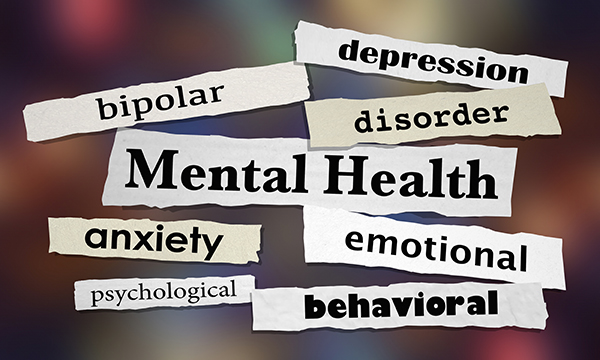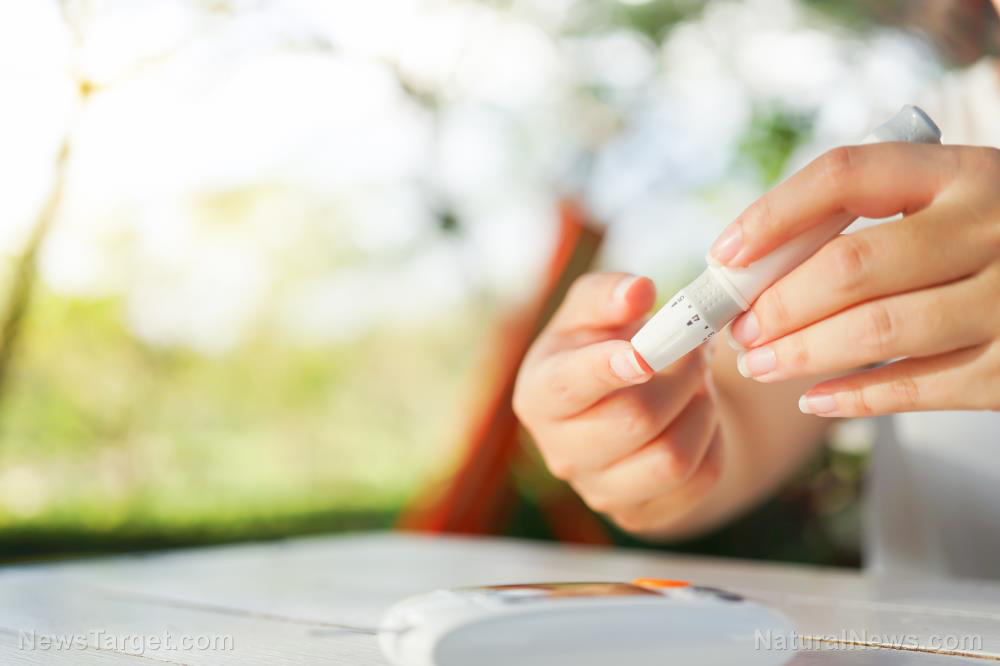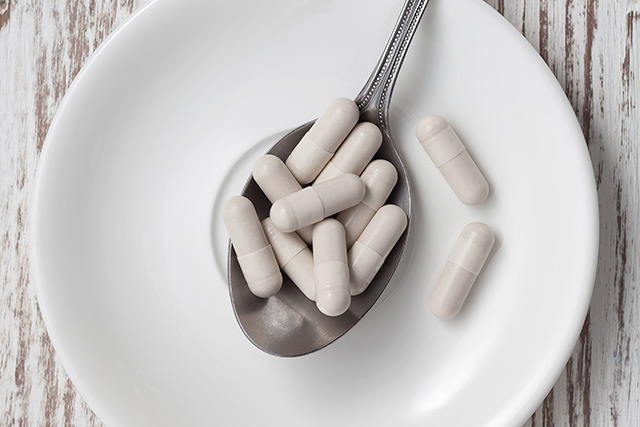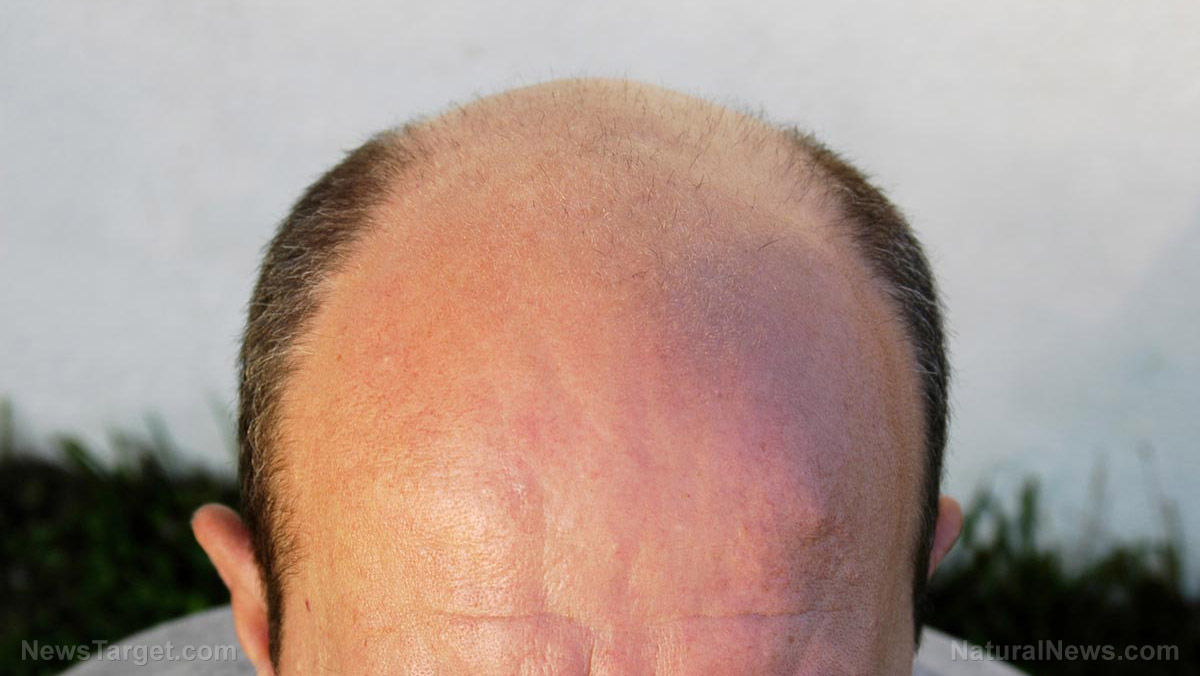Why your morning pee color could reveal more than just your hydration status
09/25/2025 / By Willow Tohi
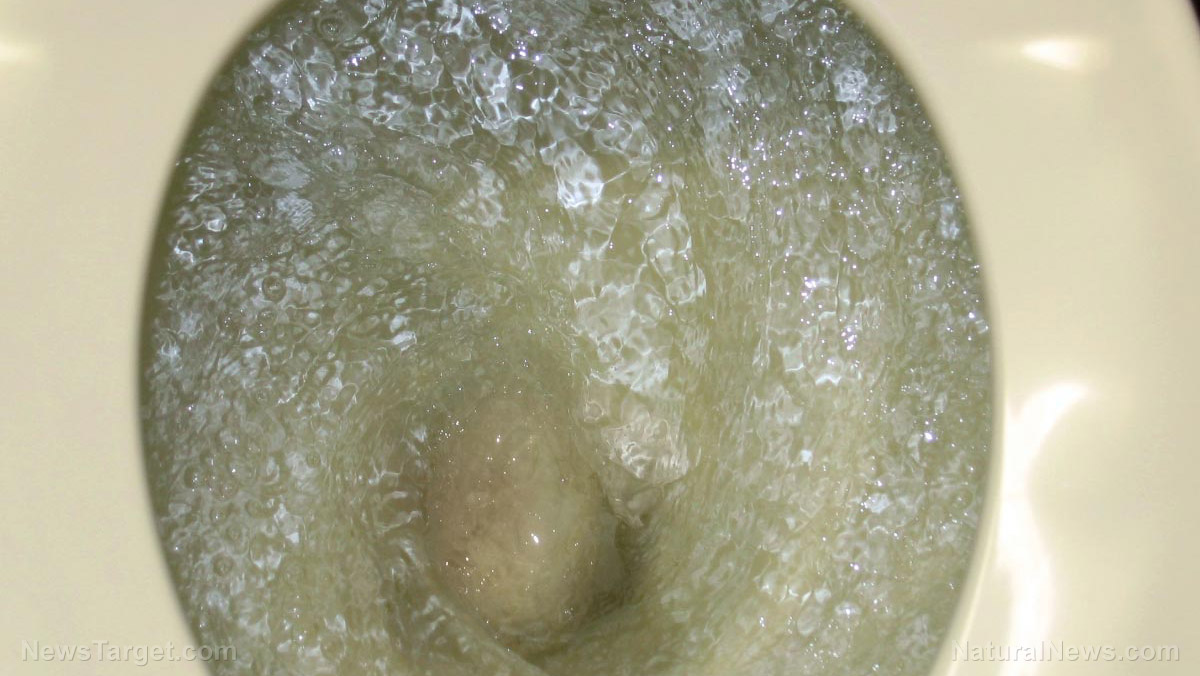
- Darker morning urine indicates higher cortisol response to stress.
- Low fluid intake (1.3L/day) increases stress reactivity, while higher intake (4.4L/day) blunts it.
- Urine color of 4 or above on an 8-point scale links to greater stress hormone responses.
- Consistently high cortisol can contribute to cardiovascular disease, diabetes and immune dysfunction.
- Maintain hydration by drinking water to improve stress resilience and overall health.
In a groundbreaking study published in this month, researchers from Liverpool John Moores University revealed a surprising link between morning urine color and stress resilience. The findings suggest that your first morning toilet visit could provide valuable insights into how your body responds to daily stressors. This discovery underscores the important role of hydration in maintaining physiological balance and mental well-being.
Unveiling the connection: Hydration and cortisol reactivity
The Experiment: Researchers recruited 32 healthy adults aged 18-35, categorized based on their habitual fluid intake. Participants were subjected to a standardized stress test, simulating a job interview with public speaking and mental arithmetic. Both groups reported feeling equally anxious, but the low-fluid intake group exhibited significantly higher cortisol responses post-stress. The test was designed to gauge the participants’ physiological responses to a controlled stressful situation, providing a baseline to measure the impact of hydration on stress reactivity.
The Findings: Urine color emerged as a reliable indicator of hydration status and stress reactivity. Participants with darker urine (colors of 4 or above on an 8-point chart) showed greater prolonged cortisol elevation, indicating stronger physiological stress responses. These findings highlight the biological link between water regulation and the activation of the hypothalamic-pituitary-adrenal (HPA) axis. The HPA axis is a complex network of interactions between the hypothalamus, pituitary gland and adrenal glands, which plays a crucial role in regulating stress, immune function and energy metabolism.
How dehydration intensifies stress
When fluid levels drop, the body releases arginine vasopressin (AVP) to conserve water. AVP not only triggers water retention but also activates the HPA axis, boosting cortisol levels during stress. This dual action suggests that maintaining adequate hydration can help dampen stress responses, enhancing overall resilience. The body’s adaptation to dehydration, while necessary for survival, can inadvertently exacerbate stress responses, leading to higher cortisol levels. Recognizing this connection allows individuals to proactively manage stress by ensuring they stay well-hydrated.
Practical takeaways for stress management
Morning urine color, unaffected by daily fluctuations, offers a quick snapshot of hydration levels. A chart ranging from very pale yellow to dark amber helps discern optimal hydration. Consistent colors of 3 or below suggest good hydration, while 4 and above indicate the need for more fluids. Monitoring urine color first thing in the morning provides a reliable indicator of hydration status, helping individuals adjust their water intake as needed.
Everyday implications
Ensuring daily water intake aligns with health recommendations—about 2.5 liters for men and 2 liters for women—and could mitigate the adverse health impacts of chronic stress. Simple interventions, like keeping a water bottle handy, might significantly boost stress resilience. Staying well-hydrated not only helps in managing stress but also improves cognitive function, mood and overall energy levels. These small adjustments in daily routines can lead to significant improvements in both short-term and long-term health.
Long-term health and chronic dehydration
High cortisol levels, often linked to dehydration, pose risks for cardiovascular disease, diabetes, immune dysfunction and metabolic disorders. By modulating stress responses through hydration, individuals can potentially reduce the risk of these serious health conditions. Chronic dehydration can lead to a cascade of physiological changes that increase susceptibility to various health problems. Regular monitoring of hydration status and making necessary adjustments can help mitigate these risks and promote long-term health.
The power of hydration in stress management
Understanding the link between urine color and stress reactivity empowers individuals to take proactive steps towards better health. Monitoring morning urine color provides an accessible, non-invasive tool for maintaining both hydration and stress resilience. As Neil Walsh, lead researcher, advises, “Keeping a water bottle close could be a simple habit with potential benefits for your long-term health.” Embracing these insights can foster a more balanced, resilient approach to daily challenges. By integrating hydration as a cornerstone of stress management, individuals can cultivate better habits that support overall well-being and longevity.
In summary, the study conducted by Liverpool John Moores University underscores the importance of hydration in managing stress effectively. By paying close attention to morning urine color and ensuring adequate fluid intake, individuals can enhance their physiological balance and mental resilience, leading to a healthier, more stress-resistant lifestyle.
Sources for this article include:
Submit a correction >>
Tagged Under:
Censored Science, Cortisol, discovery, health science, hydration, mental health, Mind, mind body science, morning pee, natural health, prevention, real investigations, research, stress, stress response, Urine
This article may contain statements that reflect the opinion of the author


